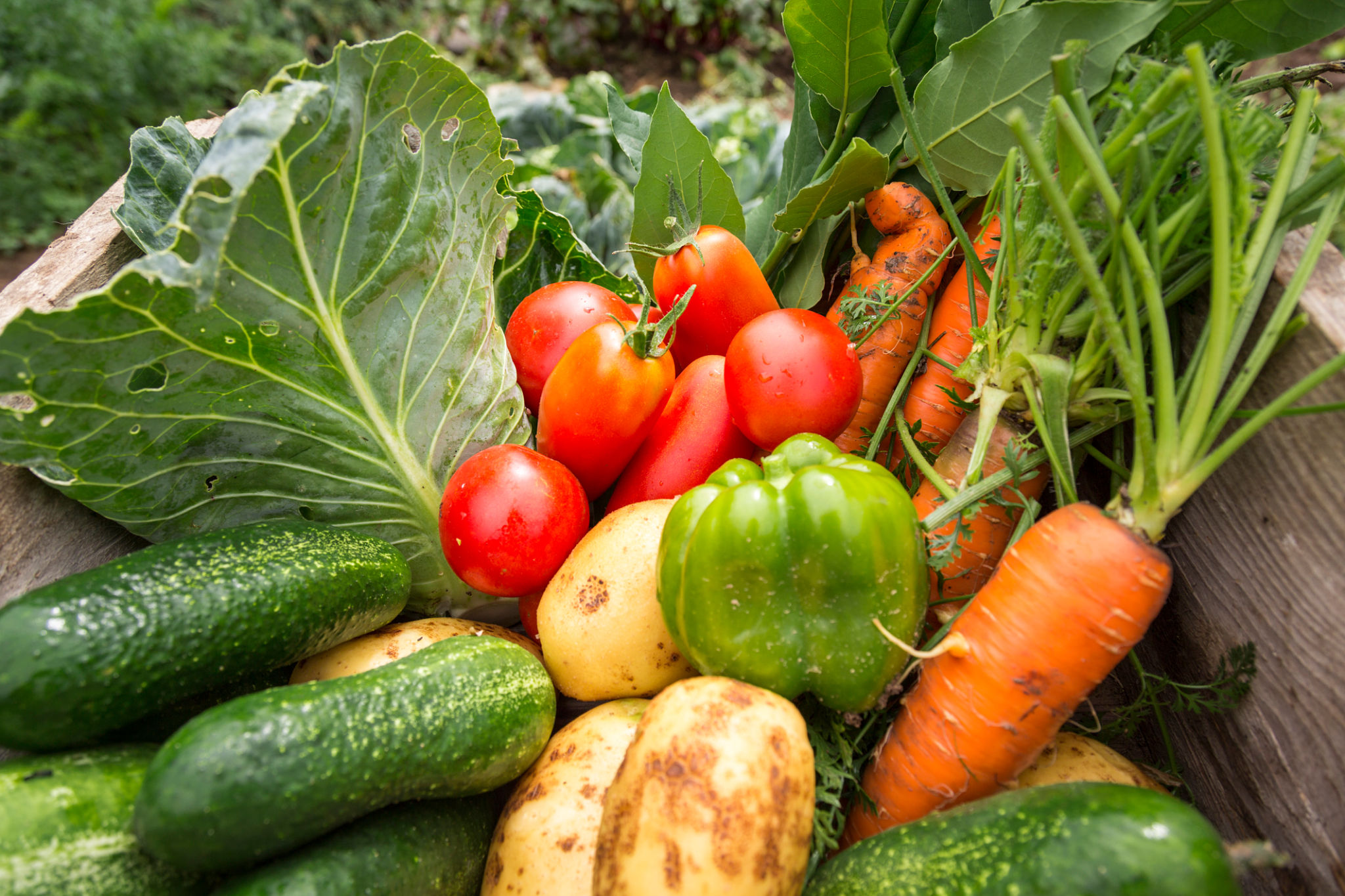Mastering Container Shipping: A Guide for Exporting Fresh Produce
Understanding the Basics of Container Shipping
Exporting fresh produce requires a deep understanding of container shipping, a crucial component in ensuring that goods arrive in optimal condition. The process involves selecting the right type of container, preparing the produce for long journeys, and navigating international regulations. Mastering these elements can significantly impact the success of your export business.

Choosing the right container is the first step in the process. For fresh produce, refrigerated containers, commonly known as reefers, are essential. These containers maintain a controlled temperature, ensuring that fruits and vegetables remain fresh throughout the journey. Understanding the specifications and capacities of different containers can help you select the best option for your shipment.
Preparing Fresh Produce for Shipping
Proper preparation of produce before shipping is vital. This includes washing, sorting, and packing the produce in a way that minimizes damage. It's also important to consider the type of packaging materials used. Durable packaging can prevent bruising and spoilage, maintaining the quality of your goods.

Another critical factor is maintaining the right temperature and humidity levels. Each type of produce has specific requirements, and understanding these can help in configuring the reefer settings correctly. This ensures that your produce remains fresh and reduces the risk of spoilage during transit.
Navigating International Regulations
Shipping fresh produce internationally involves adhering to various regulations. It's important to be aware of the import requirements of the destination country, which may include certifications, inspections, and documentation. Staying informed about these regulations can prevent delays and fines.

Working with a reliable freight forwarder can simplify this process. They can assist in handling customs clearance and ensure that all necessary paperwork is in order. This collaboration can save time and reduce the stress involved in international shipping.
Ensuring Efficient Logistics
Efficiency in logistics is crucial for successful container shipping. This includes optimizing routes, scheduling shipments to avoid delays, and ensuring timely delivery. Advanced tracking technologies can provide real-time updates on the location and condition of your shipment, allowing for better management and response to any issues.
Finally, building strong relationships with logistics partners can be invaluable. These partnerships can lead to better rates, improved service quality, and enhanced support throughout the shipping process. By focusing on these aspects, exporters can ensure that their fresh produce reaches international markets in prime condition.
